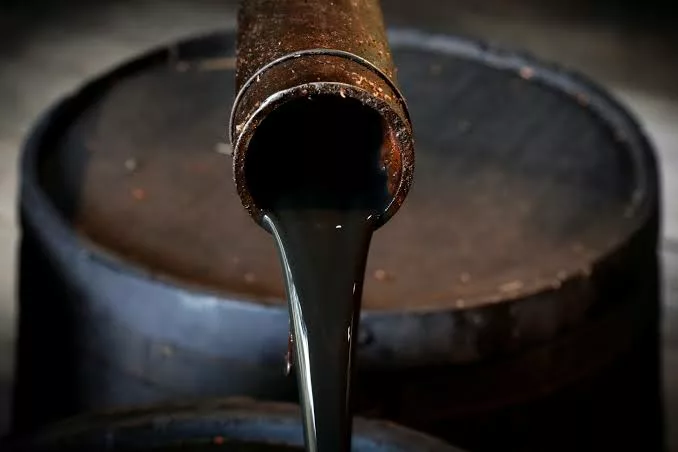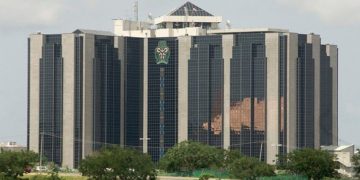The Nigeria Upstream Petroleum Regulatory Commission, (NUPRC) yesterday announced an annual oil and condensates production target of 2.6 million barrels per day (bpd) by 2026, an ambitious jump from 2023 levels of around 1.6 million bpd.
Nigeria has suffered declining production due to crude theft and vandalism of pipelines in the Niger Delta as well as low investment in the sector, which has hit government revenue.
The federal government also expressed hope that the planned 2024 oil licencing round would help the country realise its 40 billion barrels reserve target.
The government, in a move to scale up the reserve base, has announced plans to host a new round of oil licensing in 2024. This initiative is aimed at attracting fresh investors and increasing investments, with a vision to push the current oil reserves from 37 billion barrels to a target of 40 billion barrels.
The strategy for the licensing round is in-line with Section 73 of the Petroleum Industry Act (PIA). The PIA emphasises on escalating investment, restructuring, as well as ensuring transparency and accountability within the industry.
The chief executive NUPRC, Engr. Gbenga Komolafe, confirmed these plans, stating that, future licensing will follow a Licensing Round Plan and implement modern acreage licensing practices.
This strategic move is designed to achieve multiple objectives such as generating funds, escalating exploration and production, enhancing bilateral relationships, fostering indigenous participation, and monetising gas resources.
The NUPRC also expressed its intent to bring down the cost of oil production from $25-40 per barrel to less than $20 per barrel. This will be complemented by optimizing oil monitoring through automation and facilitating ease of doing business.
Despite current challenges, the NUPRC plans to increase oil output to 1.8 million barrels per day (bpd).
The commission is also cognizant of the need to address climate change; it plans to implement measures based on a seven-pillar framework and adhere to greenhouse gas (GHG) reporting and environmental, social, and governance (ESG) measures.
To protect Nigeria from market volatility, the NUPRC has established an Oil and Gas Pricing and Value Monitoring Desk to analyze market trends
But President Bola Tinubu’s government says oil majors have committed to invest $13.5 billion in the short term following his meetings with senior executives from TotalEnergies (TTEF.PA) Shell (SHEL.L) and Exxon Mobil (XOM.N).
The Nigerian Upstream Petroleum Regulatory Commission said in its 2024-2026 action plan that it would direct development of oil assets to areas less prone to theft and vandalism and provided regulatory support for alternative crude oil evacuation routes.
Oil firms require the NUPRC approval for new pipeline routes.
Oil production was expected to rise from 1.8 million bpd this year and progress to 2.6 million bpd in 2026, the NUPRC said.
Two of three consultancies tasked by OPEC+ to verify Nigeria’s output said in November that the country was unlikely to reach its own production target this year.
NUPRC was also working to cut the cost of oil production to about $20 a barrel, down from between $25 and $40, by providing incentives to oil producers.
“The Commission will set up a framework for crude oil and gas transportation and/or handling costs based on a standardised tariff (and) implement an open access regime for upstream oil and gas pipelines and ancillary facilities,” the regulator said.
High signature bonuses – one-off fees paid to secure exploration blocks – would be reduced to attract more investment and raise oil production, the NUPRC said.
We’ve got the edge. Get real-time reports, breaking scoops, and exclusive angles delivered straight to your phone. Don’t settle for stale news. Join LEADERSHIP NEWS on WhatsApp for 24/7 updates →
Join Our WhatsApp Channel









